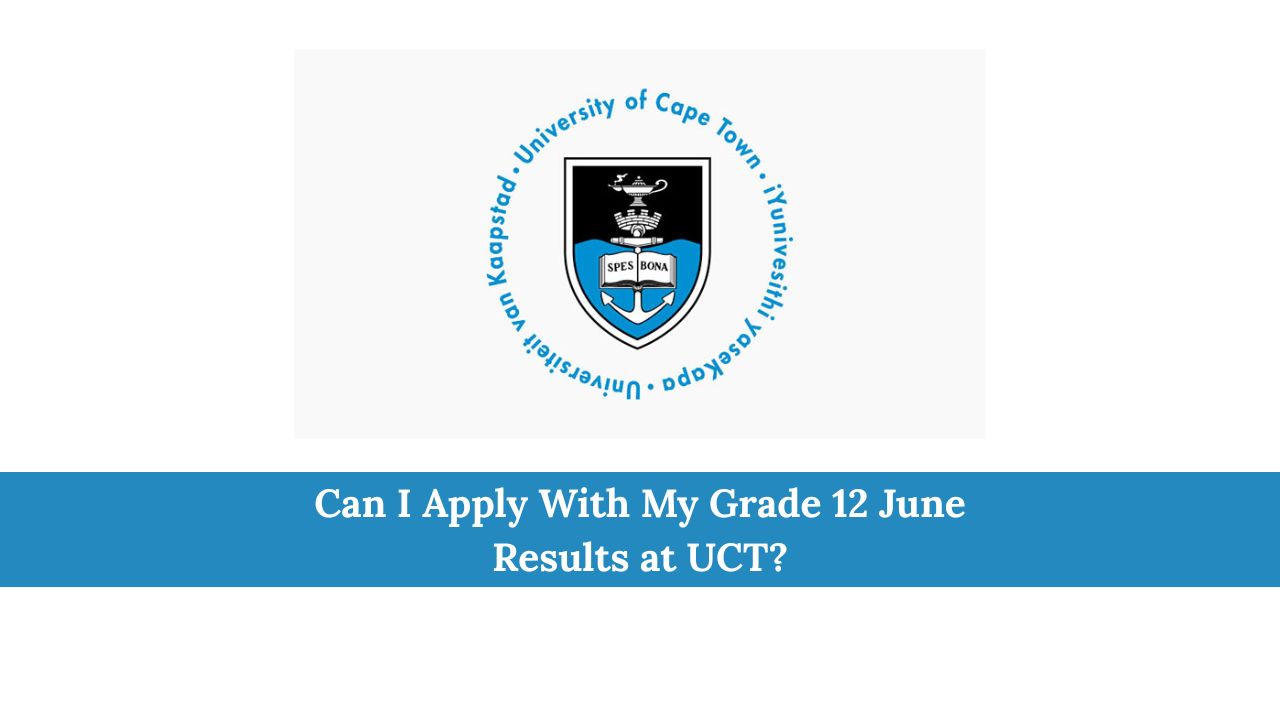Six Private Universities Approved to Operate in Greece. Greece is opening its doors to six new private universities starting in the upcoming academic year, following a rigorous evaluation by the National Authority for Higher Education.
This landmark move, ratified by the Greek Education Ministry, has attracted global attention, especially from South African students exploring study opportunities in Europe.
List of Six Approved Private Universities in Greece (2025)
The approved institutions include both standalone universities and partnerships with well-established Greek colleges. Here’s a detailed breakdown:
| University Name | Partner Institution (in Greece) | Country of Origin | Campus Location in Greece |
|---|---|---|---|
| University of Nicosia | Operates Independently | Cyprus | Location Not Specified |
| University of York | City College Thessaloniki | United Kingdom | Thessaloniki |
| Keele University | Metropolitan College | United Kingdom | Multiple Locations |
| Open University | Anatolia College Thessaloniki | United Kingdom | Thessaloniki |
| London Metropolitan University | City Unity College Athens | United Kingdom | Athens |
| University of Derby | Mediterranean College | United Kingdom | Likely Athens and Thessaloniki |
These six non-state universities are officially authorised to operate and offer recognised degree programmes in Greece starting from the 2025-26 academic year.
Rejected Applications: Universities That Didn’t Make the Cut
Alongside the approvals, five applications were rejected, while one was voluntarily withdrawn. These decisions were based on what authorities described as strict adherence to quality and legal standards outlined in the Pierrakakis Law.
| University Name | Proposed Partner in Greece | Reason for Rejection |
|---|---|---|
| University of East London | Metropolitan College | Quality standards not met |
| Queen Margaret University | Metropolitan College | Quality standards not met |
| University of West London | BCA College | Application rejected |
| University of Essex | Aegean College | Application rejected |
| Greater Manchester University (ex-Bolton) | New York College | Application rejected |
| Sorbonne Paris Nord (France) | Institution d’Études Francophones | Application rejected |
| Undisclosed (Withdrawn) | N/A | Certification issue with UK authorities |
Officials confirmed that these applications were declined based on strict quality checks. However, all rejected institutions have the right to reapply in the 2026–2027 academic cycle after addressing the identified issues.
Why the Evaluation Was So Strict
The evaluation process was conducted under the framework of the Pierrakakis Law, which aims to safeguard academic quality in Greece’s evolving higher education system.
Education Minister Sofia Zacharaki, along with her team, stressed that the approval process for foreign universities adhered to stringent quality benchmarks to protect both academic integrity and students’ futures.
Officials described the review process as “very strict,” especially given the historical scepticism toward non-state institutions in Greece. This strictness is seen as a protective measure against substandard or unregulated education.
Criticism From Rejected Institutions
Despite the official rationale, several representatives of the rejected institutions argued that their submissions were fully compliant and that the National Authority’s comments were “excessive.”
Nonetheless, their appeals were dismissed, though as mentioned earlier, reapplication is possible in the next round of evaluations.
Next Steps: Curriculum Evaluation and Final Approval
While the ministerial approval paves the way for operations, the official announcement from Minister Zacharaki is expected in early August. This will be followed by the curriculum assessment phase, scheduled for early September, ensuring that all academic offerings meet the established national standards.
What This Means for South African Students Seeking Study Abroad Options
This new wave of private university approvals in Greece presents a promising opportunity for South African students looking for European qualifications in a more affordable setting.
Key takeaways for South African applicants:
- You can now pursue degrees from British or Cypriot universities within Greece, without traveling to the UK or Cyprus.
- The institutions mentioned offer degrees in English, making them ideal for international students.
- Greece offers lower living costs compared to other European destinations.
- South African students should monitor the curriculum accreditation phase in September 2025 for course-specific details.
Conclusion
The approval of six non-state universities marks a pivotal moment for Greek higher education and global student mobility. It signals a move toward greater internationalisation, opening doors for students from South Africa and beyond.










